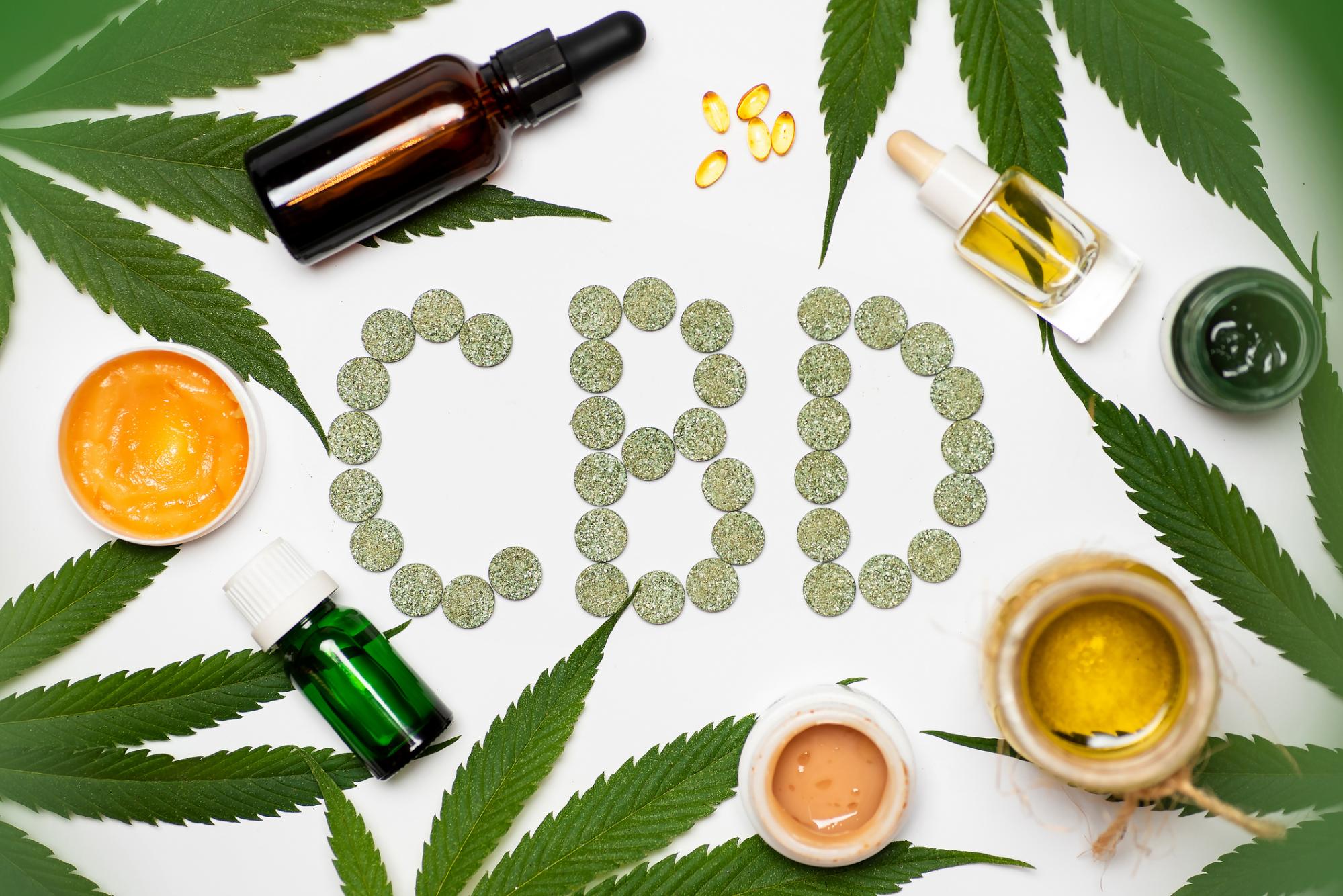As according conservative predictions, the US CBD market will reach $16 billion by 2025. Already, hamburgers, toothpicks, and breath deodorizers include the plant extract .

According to a poll of 5,000 people performed by the Brightfield Group, a cannabis market research company, more than 60% of CBD users have used it to treat anxiety. Depression, sleeplessness, and chronic discomfort follow. Cannabidiol, sometimes known as CBD, is an active ingredient in the cannabis plant. Despite not being a sedative, CBD may make you feel sleepy.
What is CBD?
The second-most prevalent cannabinoid in cannabis, after THC, is CBD (cannabidiol) (tetrahydrocannabinol). [1] The four most frequent illnesses that CBD is used to treat are pain, anxiety, depression, and sleep disorders. Unlike THC, CBD won’t get you high; it’s primarily used medicinally, not recreationally. Cannabidiol and THC are just two of the more than 100 cannabinoid found in the plant. CBD could or could not be psychoactive, similar to how THC is. It is unclear whether CBD is having any effect, if any, in reducing anxiety, whilst THC can make it worse.
What are CBD’s main benefits?
Dravet syndrome and Lennox-Gastaut syndrome are two uncommon kinds of epilepsy that have been the subject of human CBD research. CBD has demonstrated potential as a treatment for a wide range of illnesses in both humans and animals, including anxiety. Cancer, sadness, pain, and inflammation.
CBD, unlike cannabis and THC, has no negative effects on memory, judgement, or coordination.
The World Health Organization stated that there was “no evidence of recreational use of CBD or any public health-related issues connected with consumption” in a Critical Review Report that was published in 2018.
Does CBD help anxiety and PTSD?
A four-minute conversation with little time to prepare might be crippling for kids with generalised social anxiety. However, a small study reported in the journal Transpersonal psychology revealed that CBD seemed to lower socially anxious patients’ anxiety when they were given a synthetic public speaking challenge. and cognitive impairment.

In contrast to the placebo group, healthy participants in a double-blind research who received CBD showed little to no difference in their emotional response to upsetting words or images. Harriet de Wit, co-author of the study and a professor in the University of Chicago’s department of psychiatry and behavioural neuroscience, asserted that “if it’s a calming medicine, it should affect their responses to the stimuli.” However, it didn’t.
CBD Use in the United States
The Agriculture Development Act was approved and signed into law by the US Congress in 2018. With the removal of hemp from the federal Controlled Substance Act, CBD that derives from hemp is now legal. 2 The legality of CBD products varies from state to state, nevertheless, because some states have not withdrawn hemp off their state’s prohibited substances statutes.
CBD is advertised in a variety of consumer goods:
- Foods
- Oils
- Lotions
- Capsules
- Cosmetics
Producing and selling CBD
All regulations and requirements imposed on cannabis under the Cannabis Act and related regulations apply to CBD and products containing CBD.
Regardless of where the CBD comes from, if you want to produce items with it for sale, you need a processing licence.
CBD and items containing CBD, including cannabis oil, can only be purchased from:
federally licenced seller of cannabis for medical purposes with provincial or territorial authorization
What are CBD’s main drawbacks?
Lethargy, weariness, drowsiness, fever, diarrhoea, vomiting, reduced appetite, and elevated levels of alanine aminotransferase are a few of the often minor side effects of CBD (a marker of liver damage).
The lack of human evidence, the reliability of the majority of CBD products on the market, and the “grey area” legality of CBD products are some further disadvantages.
Should I give CBD a try?
Doctors have not been able to determine who might benefit from CBD, at what amount and in what form, who probably won’t benefit and who should avoid it due to the lack of high-quality clinical investigations on CBD and arthritis. However, there is consensus on a number of issues:
- Inflammatory arthritis disease-modifying therapy cannot be replaced with CBD.
- Patients who are considering using CBD should first speak with the doctor who manages their arthritic condition. They can talk about what has or hasn’t worked in the past, whether there are any alternative options to try initially, how to conduct a trial run, what to watch out for, and when to plan a follow-up session to assess the results. Keep a symptoms and dose journal to monitor effects. When used for extended durations, high-quality CBD products can get pricey. Make absolutely certain that the product is in fact improving symptoms to prevent squandering money.
Using CBD during pregnancy is not recommended.
Using CBD while pregnant is not advised. There are currently no recognised risks associated with consuming products while pregnant. High concentrations have been shown to have harmful effects on foetuses in animal studies. 4
If CBD is transferred to a newborn through breast milk is unknown. People who are nursing should stay away from CBD because it has been linked to adverse consequences.
Summary
Despite increased interest, the FDA has only approved one product that uses as a treatment for a variety of ailments. Some governments, but not all, allow the sale of unapproved goods.
More precise amounts and prescriptions will start to appear as regulation in the U.S. grows.
For the time being, individuals should seek medical advice regarding the best product to use and dosage to take.
